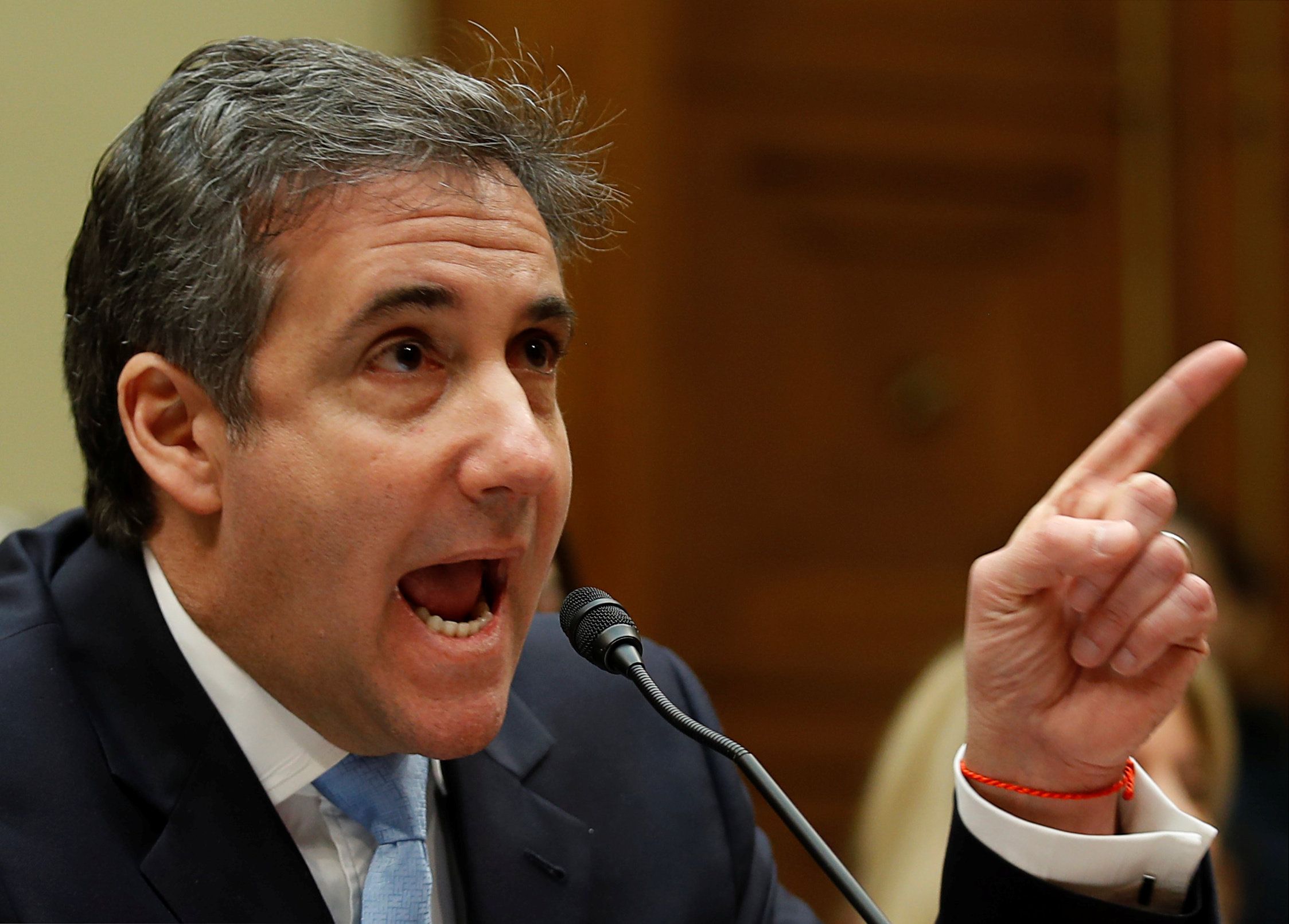Wednesday's testimony before the House Oversight Committee from Trump's former personal attorney, Michael Cohen, marks an important milestone in the fight over Trump's future.
To better understand the most divisive US political drama in decades, we divide the Trump investigation story into three broad phases:
1- Investigations
2- Accusations
3- Court Decisions
Phase one (investigations) continues. Special Counsel Robert Mueller continues to probe potential ties between the Trump presidential campaign and the Russian government. Federal prosecutors in New York appear to be looking closely at Trump's businesses. The House and Senate have ongoing investigations of their own.
But phase two (formal accusations) began this week, because Michael Cohen is the first person directly implicated in any Trump investigation to speak in public under oath. His appearance on Wednesday will add to the lengthening list of those that Democratic lawmakers will call to testify. Mueller will produce a report at some point, and federal prosecutors in the Southern District of New York will have announcements of their own. In this second phase, the drama will play in committee rooms in front of cameras, not simply behind closed doors.
We'll enter the third phase (court decisions) when attempts by Democrats to gain access to business records, including Trump's tax returns, and to subpoena testimony from members of Trump's family begin their journey through the courts.
This final phase, which will center on battles over the authority of the executive to resist the demands of Congress and lower courts, will test the independence and integrity of US political institutions and the courts like nothing we've seen in the modern era of American politics.
